In the early revolutionary and anti-French resistance works of Minh Tam and Pham Van Xung, Luu Bach Thu, Phong Nha, Van Dong, Phan Huynh Dieu,... in the lyrics, we often encounter the words "long live", "grateful", "remembering", "sun", "red light", "star",... The main genres are main songs and popular songs, with square, balanced (and also simple) structures; the musical language is still mainly Western. All the works praise in a solemn, respectful manner, with revolutionary content, praising a national hero.
From the 50s to the early 60s of the last century, after 9 years of resistance, under the leadership of President Ho Chi Minh , our people liberated half of the country, a new life began to be established, the future was full of promise. In that context, when musicians came to the topic of Ho Chi Minh, they left new imprints of awareness in their works. Through the works of Ho Bac, To Vu, Hoang Ha, Le Yen, Nguyen Tai Tue, Hong Dang, Tran Kiet Tuong..., we see respect, admiration and even love.
The main song genre is gradually disappearing, giving way to lyrical songs and art songs. That is because the content requires a corresponding form to express the voice of the heart and the author's feelings. Coming to lyrical songs and art songs is a way for musicians to express their ego. The subject (musician) initially "realizes himself" before the audience. Musicians have begun to talk about themselves when singing about Him.
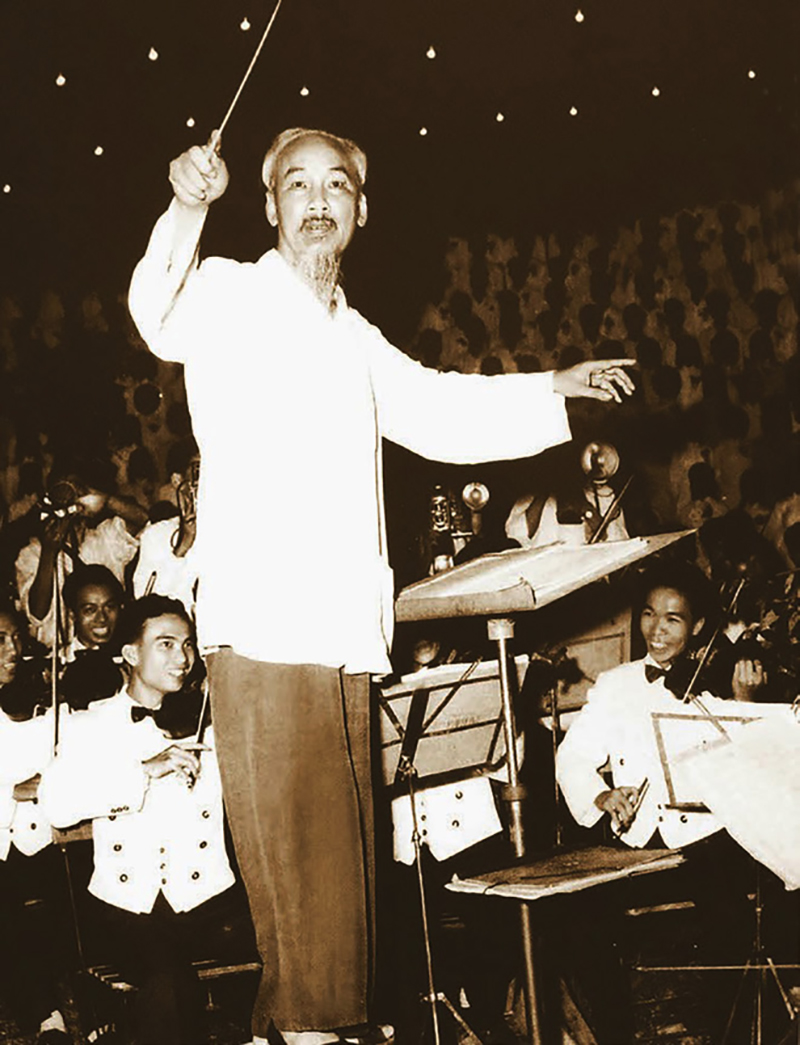 |
Another manifestation of the "self-realization" of musicians when writing about this topic is to seek out the national origin by exploiting folk songs, such as: Kpa Pui, Tuong Vi; receiving the sound of folk music, such as: Le Yen, To Vu; relying on a characteristic of folk melodies to develop, such as: Nguyen Tai Tue, Tran Kiet Tuong...
We see here, the musicians praise Ho Chi Minh in Ho Chi Minh's own national language! Singing about Him, the leader of the nation, in the musical language of the nation! That is true to the nature of music. Simply put: I sing about my leader in the tone of my nation. Clearly, Vietnamese musicians have found their own ego in the self of the nation; the individuality of emotion has recognized its source: the common. And this is not just emotion but awareness, the emotion of an intellect or intellect transformed into emotion.
During this period of about 15 years, two works have shone brightly: The Song in the Pac Bo Forest by Nguyen Tai Tue and Ho Chi Minh, the Most Beautiful Name by Tran Kiet Tuong. There is one thing in common in these two works: The love and respect for the leader has merged with the feelings for the country and homeland to create immense, boundless emotions before the land, mountains, forests, rivers and seas... The sacred and abstract feelings for the leader have transformed into a form of close and concrete feelings.
After Uncle Ho passed away, a series of works appeared. The entire music world felt the need to express their feelings: Do Nhuan, Van An (and Nam Yen), Cao Viet Bach, Luu Cau, Van Chung (and Hoang Trung Thong), Huy Du, Van Dung, Xuan Giao, Hoang Hiep, Vu Trong Hoi, Nguyen Xuan Khoat, Nguyen Dinh Tan, Huy Thuc, Pham Tuyen, Thuan Yen...
With all the diversity and richness in musical content and form, in writing style and technique, in the perspective of exploiting the theme and structure..., we see that these works all have common points. First of all, it is the infinite sorrow, from the depths of pain still shines the belief in the path that Uncle Ho chose. Second, the ego-intelligence, the ego-thinking of the musicians appeared and imprinted in the work. Typical of this line of thought are The Iron Oath by Nguyen Dinh Tan and The One Who Believes in Certain Victory by Chu Minh. Another notable point is the way of exploiting the theme: Towards the simple, the ordinary. A pair of sandals (Van An), a row of trees (Do Nhuan), when lulling a child to sleep, when going to the stream (Ha Te and Hoang Dam)..., all seem to remind us of Uncle Ho's merit.
The changes in the aesthetic perception of musicians have been developing since then. Musicians still sing about the "gone far away". At first, it seems like there is no difference from the previous works. But when listening carefully, we see new features. With "Entering the mausoleum to visit Uncle Ho" by Hoang Hiep and Vien Phuong, "Giving a folk song in the middle of Moscow" by Tran Hoan and Do Quy Doan, "Flowers in Uncle Ho's garden" by Van Dung, "Uncle Ho, an immense love", "The moon of Ba Dinh and the Central region missing Uncle Ho" by Thuan Yen..., we encounter a stream of emotions of peaceful longing - peaceful when missing Uncle Ho because we feel that we have done more or less what he told us to do. A longing full of confidence.
With Songs from the City Named After Him by Cao Viet Bach and Dang Trung, Singing about Him by Doan Bong, Nha Rong when the ship left the dock by Nguyen Cuong, Ngoi sao thang nam by Duy Quang, Nhan loai sings in His name, non nuoc sings in His name-Ho Chi Minh by Nguyen Manh Thuong, Ban muon den Lenin-Ho Chi Minh by Tran Tien..., we see the transformation in aesthetic perception appear more clearly, especially in the musical language and especially the rhythm. In the way of feeling, it has a modern and contemporary character; singing about Him in joy and pride. The ego is full of confidence, pride and even more pride: I, my people have a leader, that is Ho Chi Minh.
We believe that, with an aesthetic subject like Ho Chi Minh, with new materials, with a higher level of awareness, there will be many more aesthetic subjects who will seek to exploit new features to create works. Although time will be longer, but with the telescope of awareness, Ho Chi Minh, the Hero of National Liberation, will forever be an eternal subject.
Duong Viet Chien
Source: https://baoquangbinh.vn/van-hoa/202505/khi-hat-ve-chu-tich-ho-chi-minh-2226409/



![[Photo] Award ceremony for works on studying and following President Ho Chi Minh](https://vphoto.vietnam.vn/thumb/1200x675/vietnam/resource/IMAGE/2025/5/20/a08ce9374fa544c292cca22d4424e6c0)


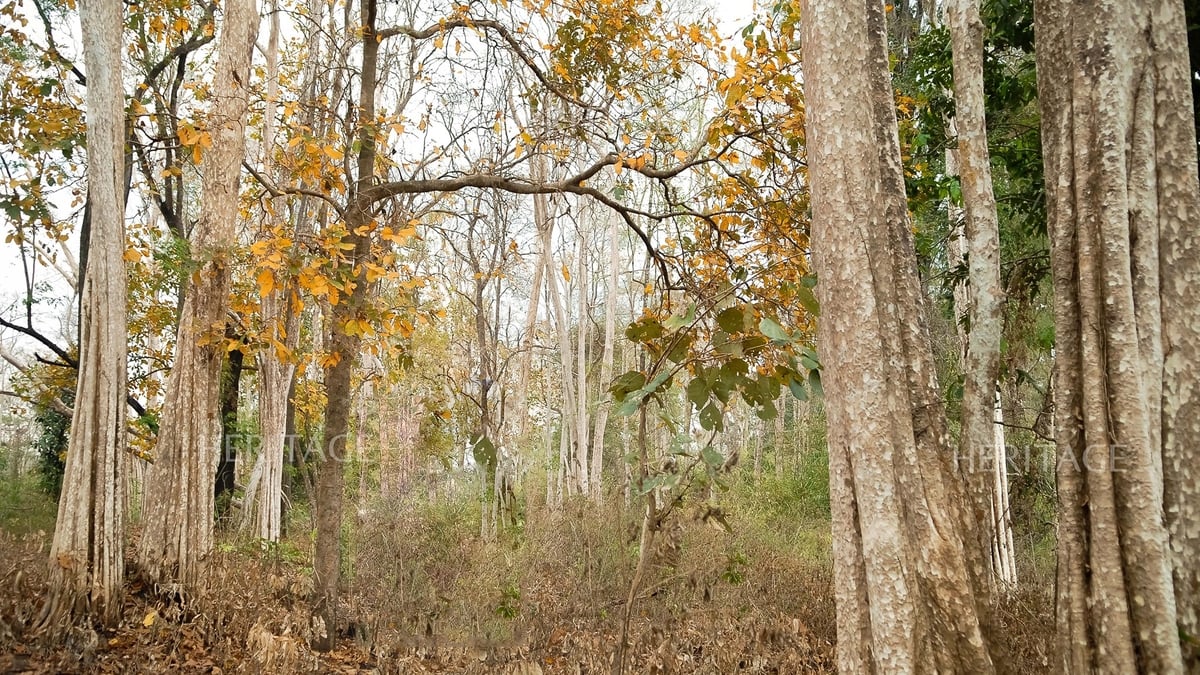

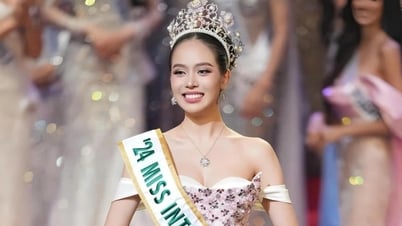



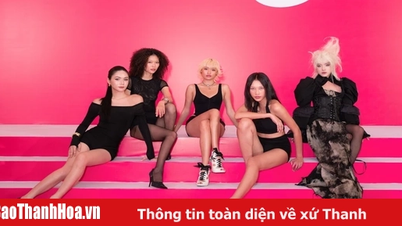



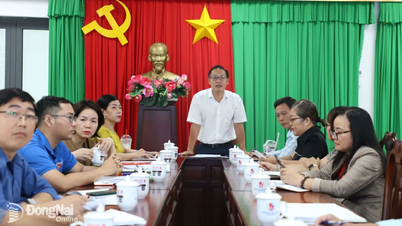

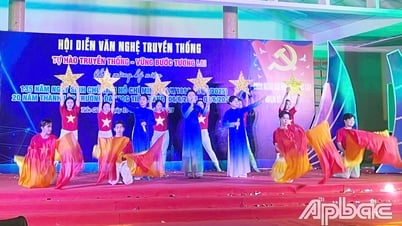





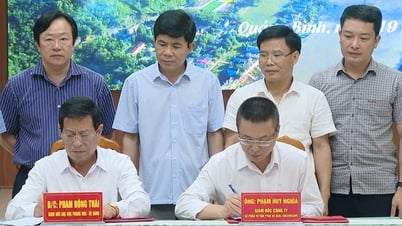
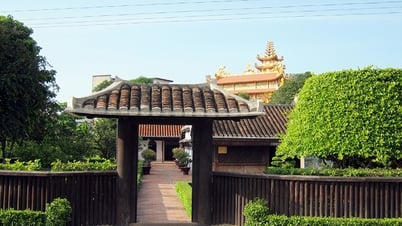

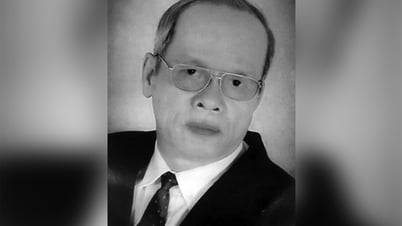

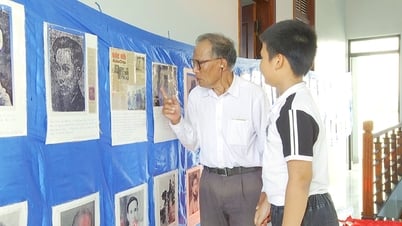
![[Photo] Vietnamese shipbuilding with the aspiration to reach out to the ocean](https://vphoto.vietnam.vn/thumb/1200x675/vietnam/resource/IMAGE/2025/5/20/24ecf0ba837b4c2a8b73853b45e40aa7)



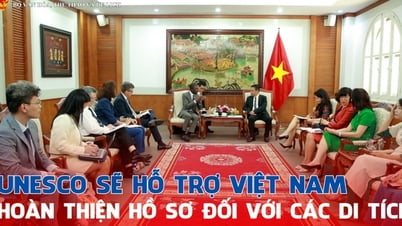

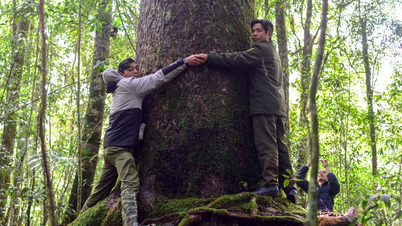

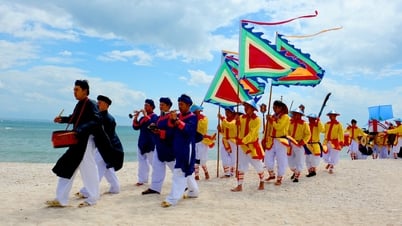





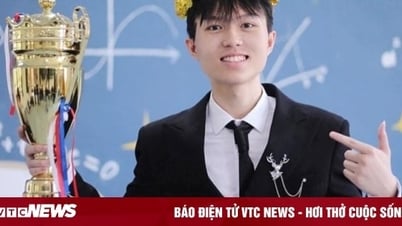


















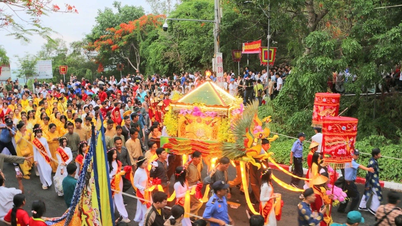


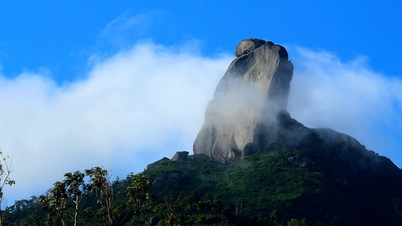

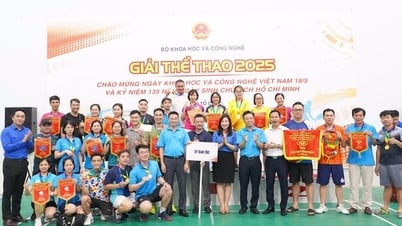

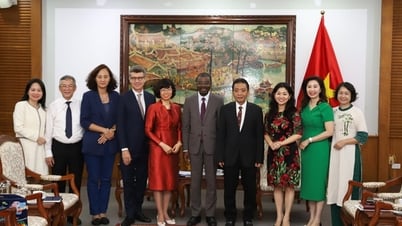






















![[VIDEO] - Enhancing the value of Quang Nam OCOP products through trade connections](https://vphoto.vietnam.vn/thumb/402x226/vietnam/resource/IMAGE/2025/5/17/5be5b5fff1f14914986fad159097a677)
Comment (0)